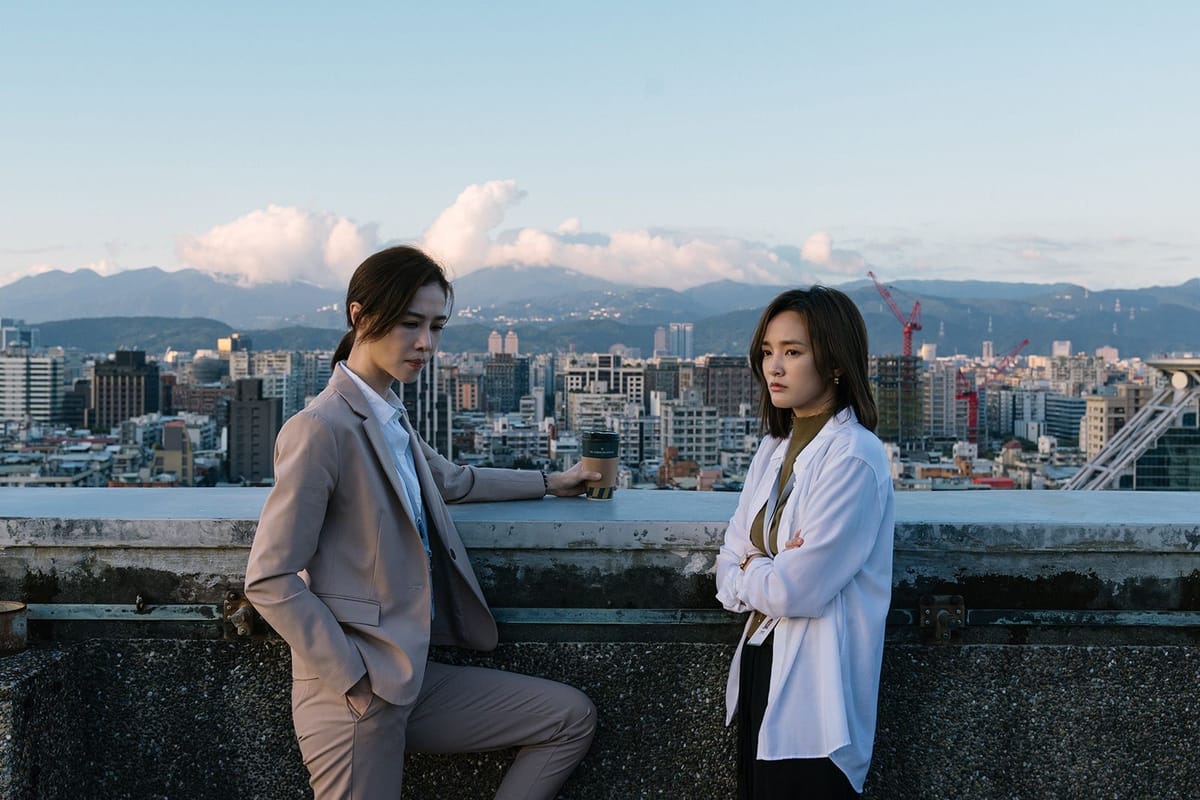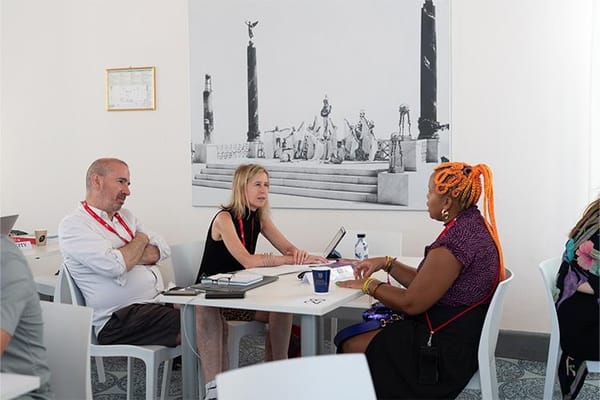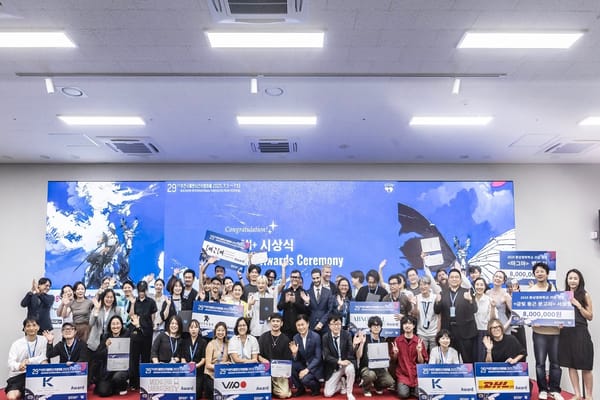Red Sea Film Festival; Taiwan’s Funding & Global Production Hub Status: Part Two

As promised, this edition of Streamlined concludes a two-part deep dive into Taiwan, looking at series production; reasons behind the soft power push; and what Taiwan is wisely not doing as it positions itself as a global production hub. The first part focused on co-production funding for features.
I’ve just returned from Red Sea International Film Festival in Jeddah, Saudi Arabia, and will talk more about the festival’s funding activities in the next edition of Streamlined. This week, I’m only going to mention the presence of a large number of Hollywood stars at the festival, which was honestly quite jarring given that the death toll in Palestine and Israel is approaching 20,000.
But it also raised questions (for me anyway) about the future value of Hollywood talent. Coming out of the SAG-AFTRA strike, these actors must be starved of cash and exposure and badly needed the fees and flashbulbs provided by the festival (irony alert). But what surprised me is how packed the masterclasses were for talent including Nicolas Cage, Gwyneth Paltrow, Adrien Brody, Halle Berry and Andrew Garfield, especially as some have not made a film in years.
At the risk of sounding churlish, for somebody based in East Asia, the presence of so much Hollywood bling actually felt oddly old-fashioned. As one self-confessed Gen Z actor said in a session I moderated (a question from the floor), the kids these days are consuming a lot of cross-cultural content on TikTok and are no longer hugely impressed by ageing Hollywood glitterati. For that audience, BTS or Thai star Bright Vachirawit (18m million followers on Insta) would be a bigger draw.
Perhaps this is the case among Gen Z consumers in North America and East Asia, not so much in Saudi, a market that has not previously had a lot of international visitors. But it did make me wonder how long a runway Hollywood talent has in some of these international markets. K-pop is already huge in Saudi.
Now back to Taiwan...
Taiwan’s Support For Series; Overseas Audience For Chinese-Language Shows
I went into detail about the history of Taiwan’s series production in an interview for Deadline with Greener Grass Culture president Phil Tang. As mainland China is off bounds, the streamers piled into Taiwan in 2016, regarding it as the perfect base for their Chinese-language production activities, before retreating when they realised it wasn’t that simple and their corporate overlords started slashing costs.
As with feature films, Taiwan’s government has been supporting local series for many years, but recognising the dangers of relying on global streamers, is increasing funding through the ‘One Plus Four – T-Content Plan’. One of the initiative’s first moves was a call for series that are seeking to enter international markets with per episode budgets of at least NT$10m ($317,000). The idea is to enable producers to self-finance, then sell to platforms while retaining IP, although it remains to be seen if there will be any buyers in a contracting market. As in many other parts of the world, it looks like Taiwan is heading back to the traditional model of selling international rights territory by territory.
Interestingly, TAICCA told me that the global streamers who have produced Chinese-language series in Taiwan are not tapping into government funds as the requirements are too onerous and the sums handed out per series are too small. What drew them to Taiwan was an open and relatively developed Chinese-speaking content industry, not government cash (that’s what they told me). Among the global streamers, HBO and Netflix have had most success with Taiwanese series – HBO with shows such as The World Between Us, Trinity Of Shadows and The Teenage Psychic, and Netflix with The Victims’ Game, Copycat Killer and Wave Makers [PICTURED ABOVE], the latter show sparking Taiwan’s #MeToo wave.
To read the rest of this article, subscribe to the 'Streamlined' newsletter: STREAMLINED




